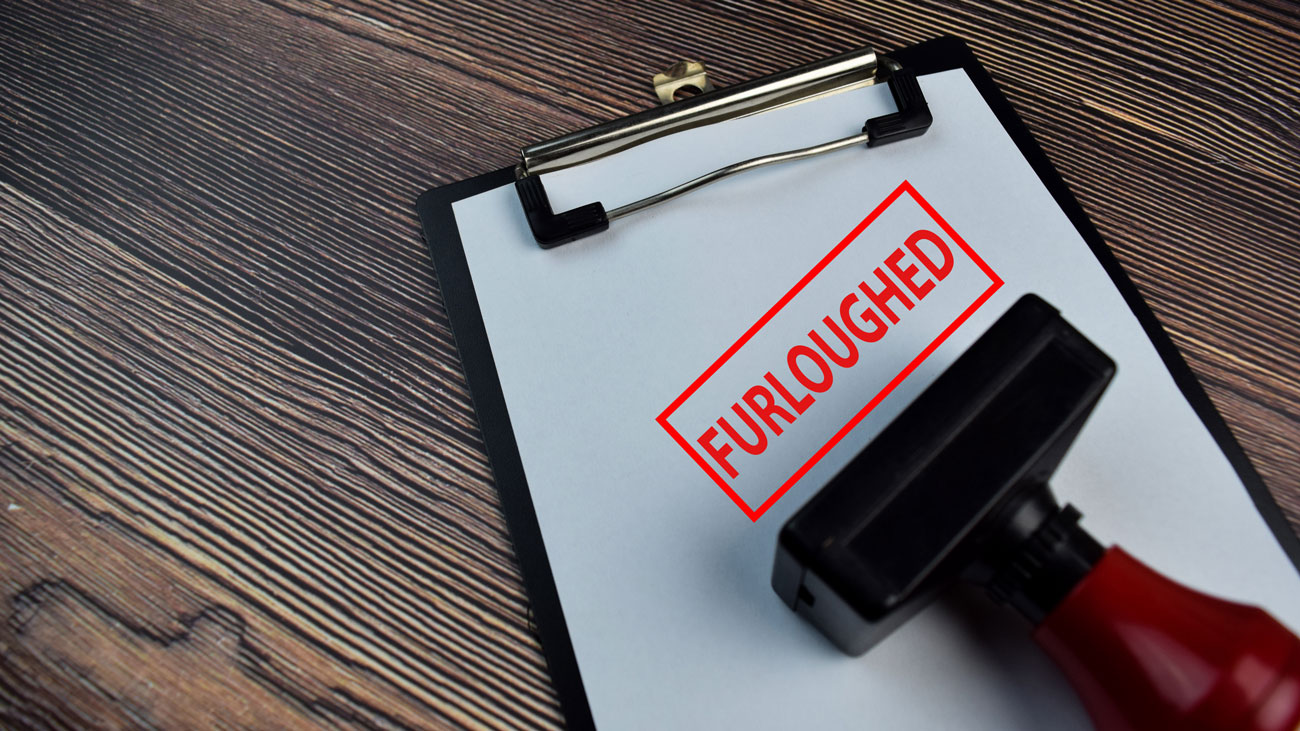
Bribery and corruption: managing the risks of trading overseas
Many organisations will face little or no bribery or corruption issues when trading overseas. However, as an overseas trader you should be aware of the risks. Factors such as your target market, your sector, project value and length, and the staff you hire are all relevant to your level of exposure. There are practical steps you can take to mitigate risks.
Tips from trade advisers
To manage risk successfully:
- don’t compromise your principles and be prepared to say no, even to a promising deal;
- make sure you have the right internal controls and reporting;
- train your staff - they’re your best internal control, and there’s plenty of training help available; and
- follow UK and local regulations completely, and act on the UK Bribery Act’s guiding principles.
Know the law
The UK Bribery Act
You should familiarise yourself with the UK Bribery Act. The Bribery Act 2010 applies to all operations of a company with a business in the UK, even if offences are committed outside the UK, by a non-British national or by a separate third party ‘associated person’ who is acting on behalf of the company.
The Act deals with bribery only, not other forms of white-collar crime. It includes the new offence, ‘failure to prevent bribery’ by the company or associated persons. Having ‘adequate procedures’ in place, such as clear policies and staff training, can support a defence against being prosecuted for this corporate offence.
The following six principles, identified by the UK’s Ministry of Justice (MoJ), will help you decide what you may need to do differently.
Proportionality
You may need to do more to prevent bribery if your organisation is large, or if you are operating in an overseas market where bribery is known to be more commonplace.
Top level commitment
Your senior management should ensure that all staff know that bribery will not be tolerated and what they can do to reduce risk.
Risk assessment
Think about the bribery risks you might face, and conduct research.
Due diligence
Perform thorough checks to make sure you know exactly who you are dealing with.
Communication
Communicate policies and procedures on bribery and corruption to staff and business partners. Make your expectations clear.
Monitoring and review
The risks you face and the effectiveness of your procedures may change over time - make sure your anti-bribery policies and actions keep pace.
The MoJ has produced brief and detailed guidance on the Bribery Act for commercial organisations:
The law in overseas markets
In addition to compliance with the UK Bribery Act, you should also make yourself aware of any anti-corruption laws that are present in your overseas markets, including any that have extra-territorial reach. For example, if you do business or have any kind of legal presence in the US, you may be liable under the US Foreign Corrupt Practice Act (FCPA) for bribery carried out in any other country.
Sources of international information include:
- Anti-Corruption Legislation information from GAN
- TRACK Legal Library, for information by country
- Spotlight on the FCPA from the Securities and Exchange Commission
Complete due diligence
Before making any business arrangement, directly with a client or with agents or distributors, it’s important to carry out thorough background checks.
Be wary of unsolicited approaches to work with your business. Use trusted organisations to help you perform checks, such as the Department for International Trade, Chambers of Commerce, professional or trade bodies.
Blacklists published by government authorities and bribery and sanctions databases provided by third parties may also be useful. These are published by individual countries.
You should investigate:
- ownership, structure and financing, including sight of filed financial accounts;
- industry standing and reputation;
- qualifications and accreditations of staff;
- compatibility with your organisation’s culture and ethics;
- customer references and case studies;
- third party references, for example banks, accountants, industry bodies; and
- presence and standard of locations and physical infrastructure, for example offices and warehouses.
The Organisation for Economic Co-operation and Development (OECD) due diligence guidance for responsible business conduct provides practical advice for international traders, on a general and sector basis.
View the World Economic Forum’s Conducting third party due diligence guidelines.
Get training
Regular training will help your employees and representatives to identify and report corruption and bribery. They should know the difference between cultural norms and potential bribes.
Free online training resources include:
- Guidelines for multinational enterprises - guidance from the OECD.
- The fight against corruption - a learning tool from the United Nations.
- Say no toolkit - from the Institute of Business Ethics.
Report bribery and corruption
If you, your employee or agent have been solicited for a bribe you should notify the relevant organisations:
- the UK Embassy of the country you’re operating in;
- the local anti-corruption authority; and/or
- the project donor, if you’re working on a donor-funded project.
It’s important to report if a bribe has been paid. Allegations of bribery and corruption involving UK companies, or foreign companies or individuals with a connection to the UK, can be reported to the National Crime Agency and the Serious Fraud Office.
You may also be required to report the activity to the relevant authorities of other countries such as the US Department of Justice. If you’re unsure of how to proceed, seek legal advice.
Companies self-reporting to external anti-corruption organisations and fully cooperating with any such investigations are likely to increase the prospects of receiving a better and swifter resolution.
Online resources include:
- Corporate self reporting in the UK - from the Serious Fraud Office.
- The Resource Guide to the FCPA - from the US Department of Justice.





